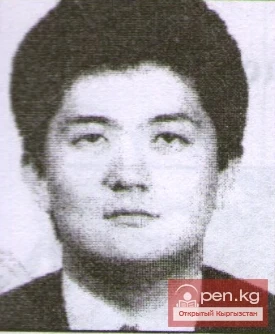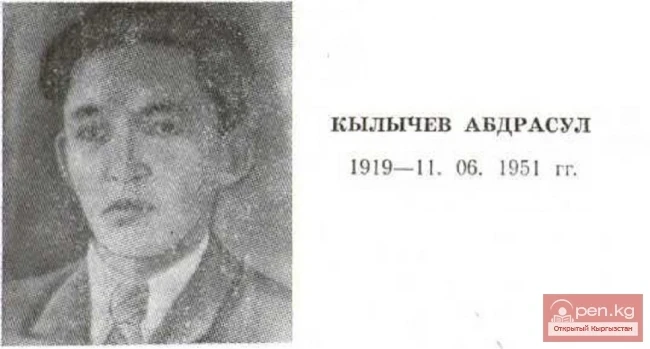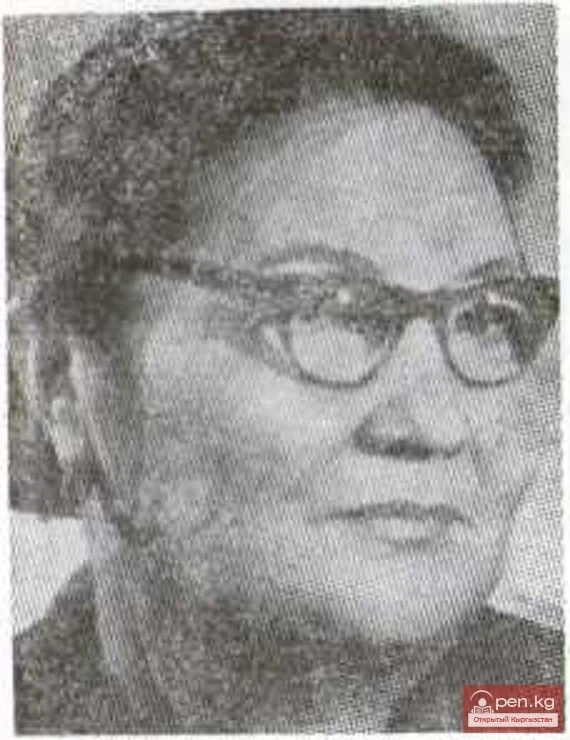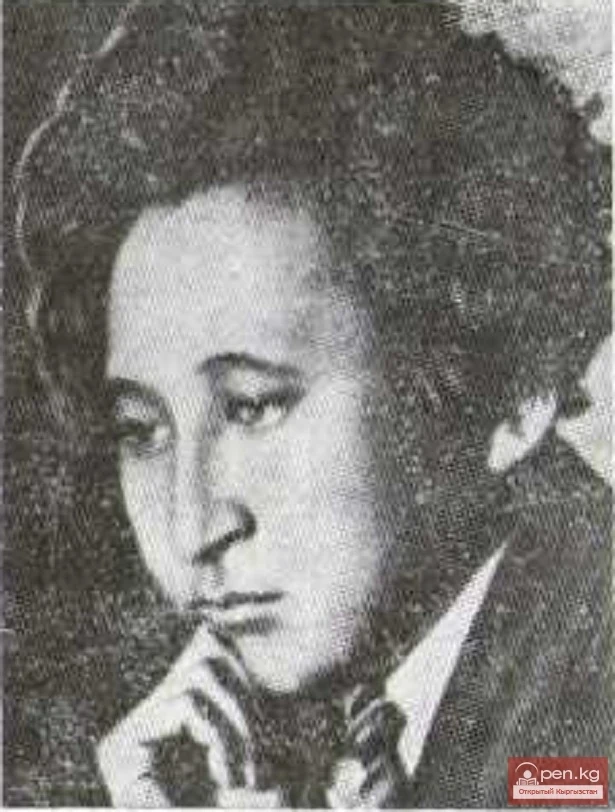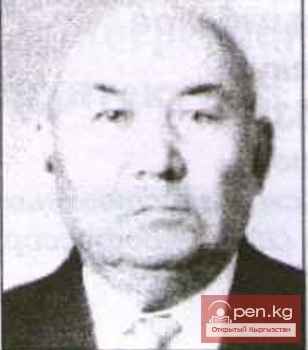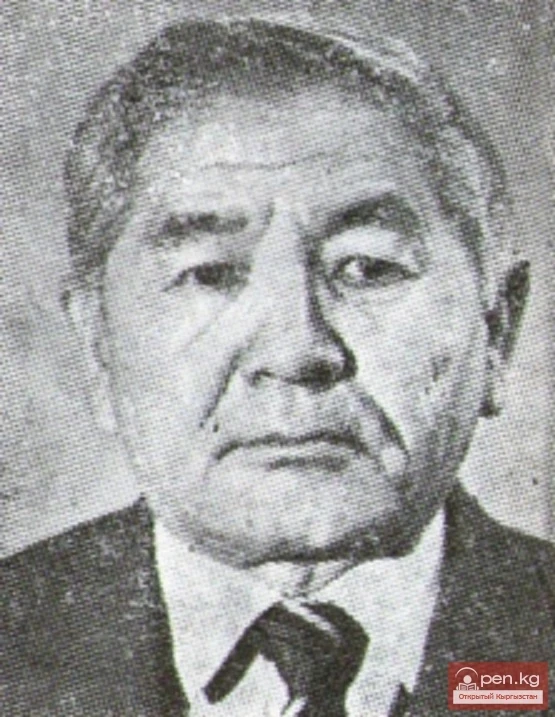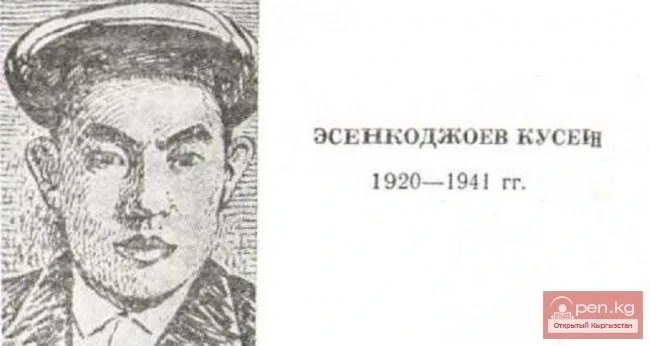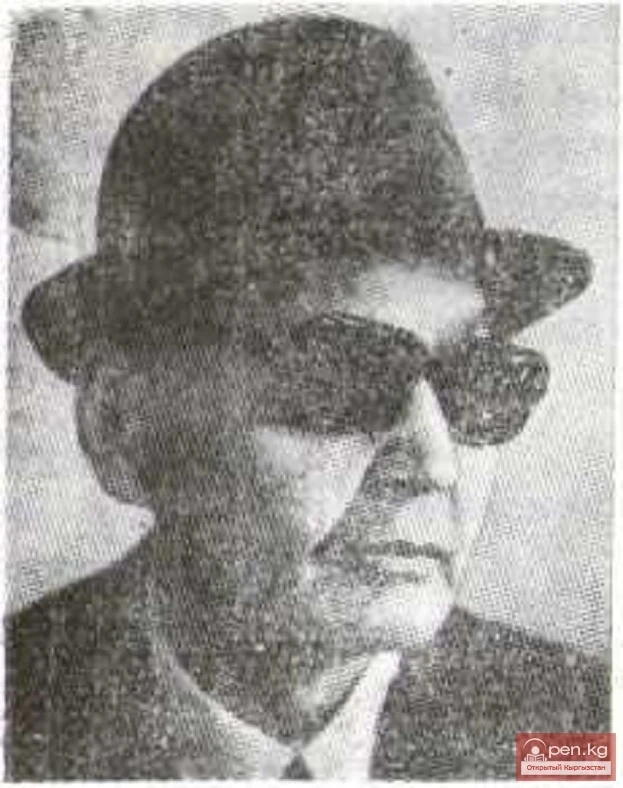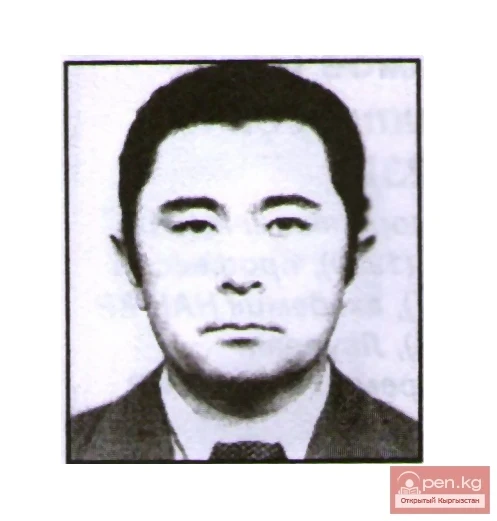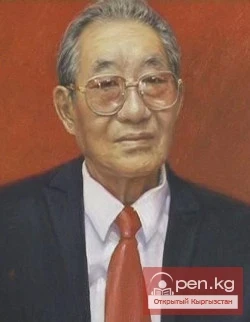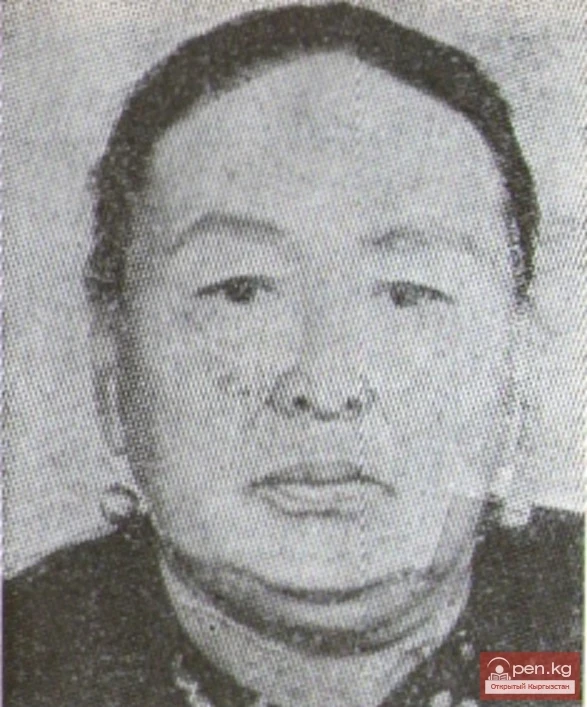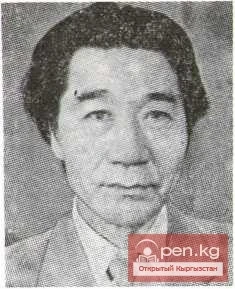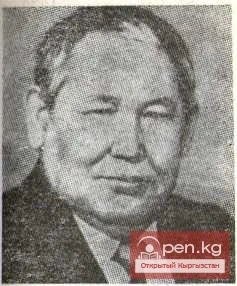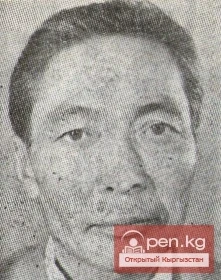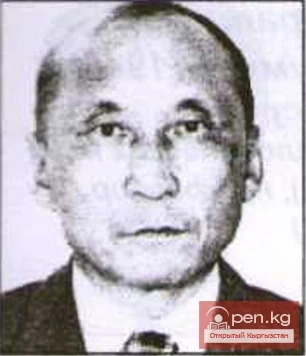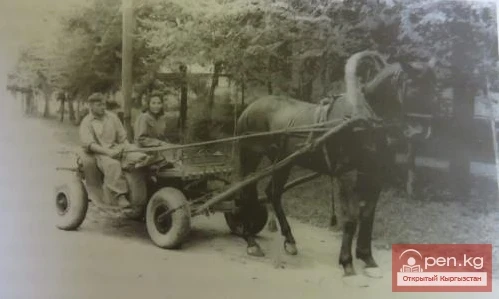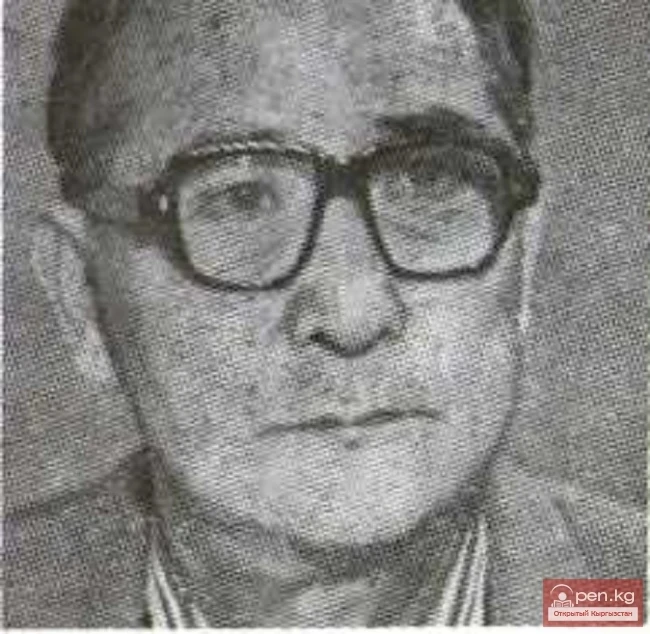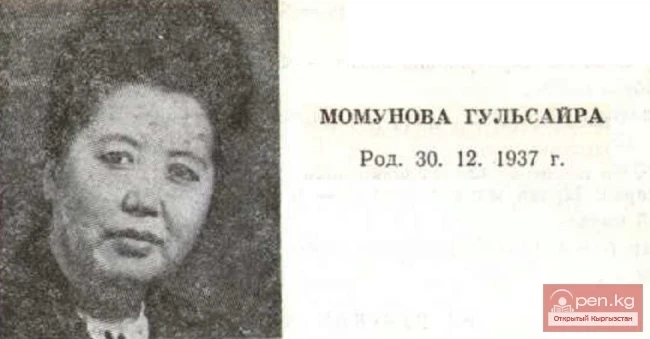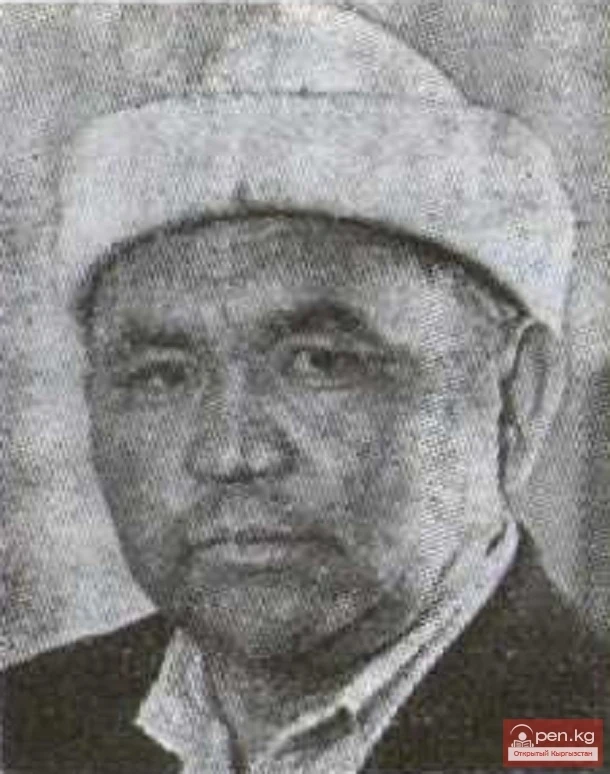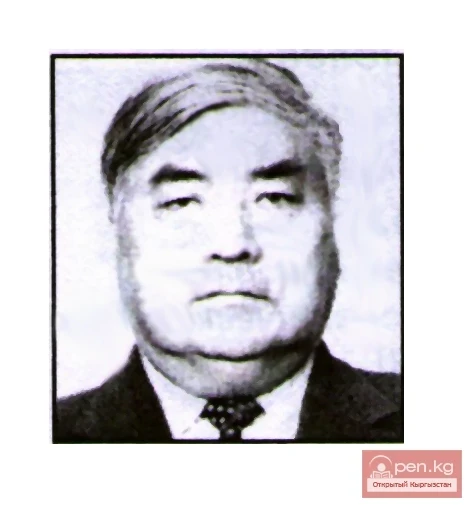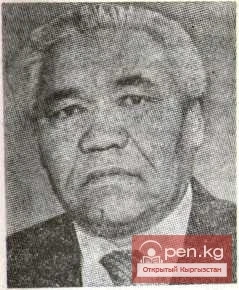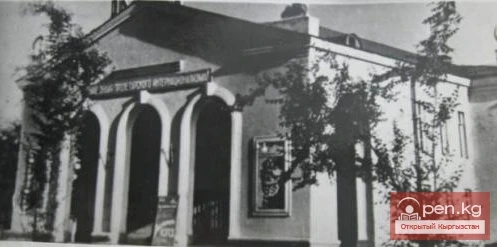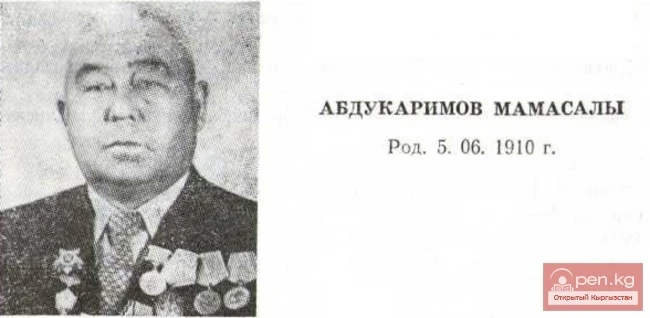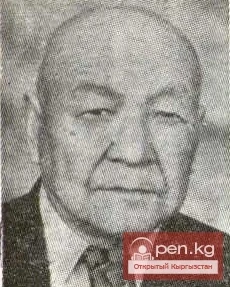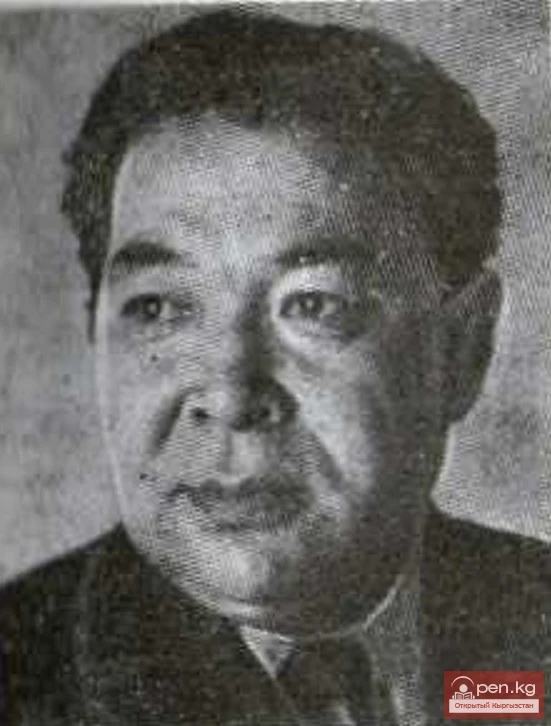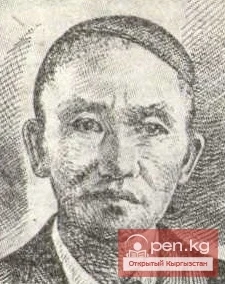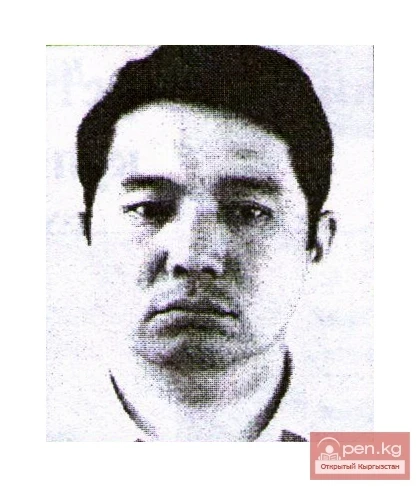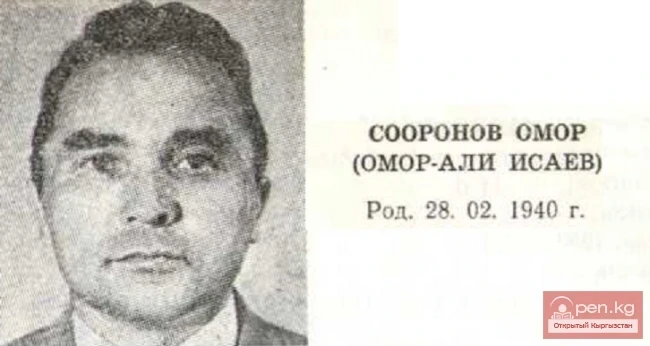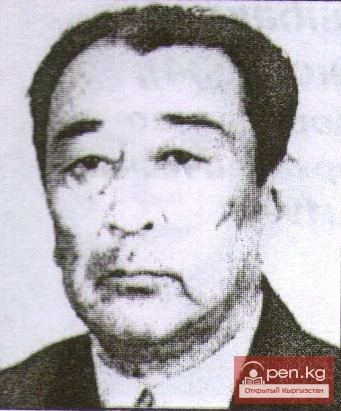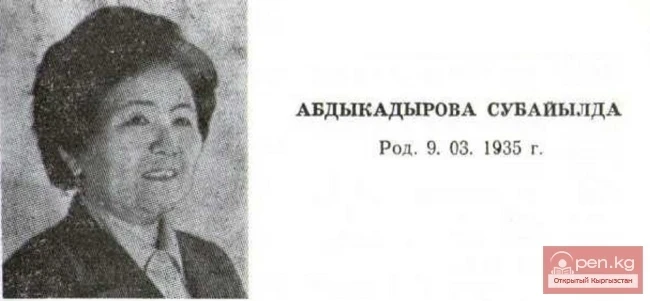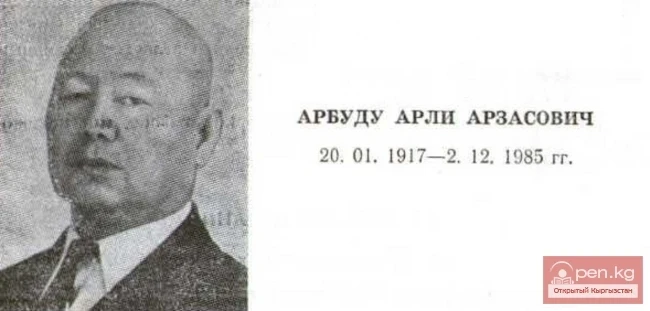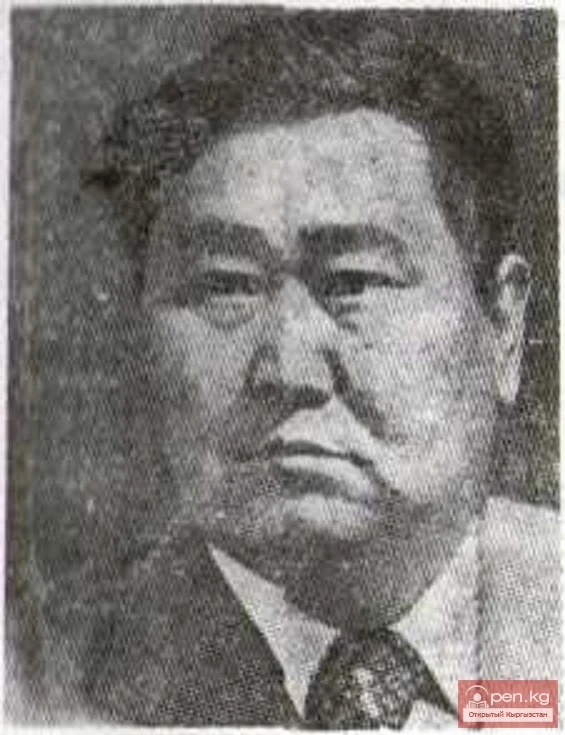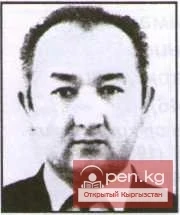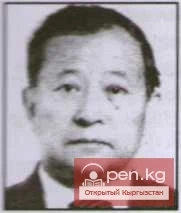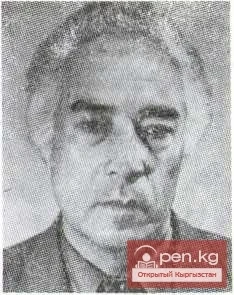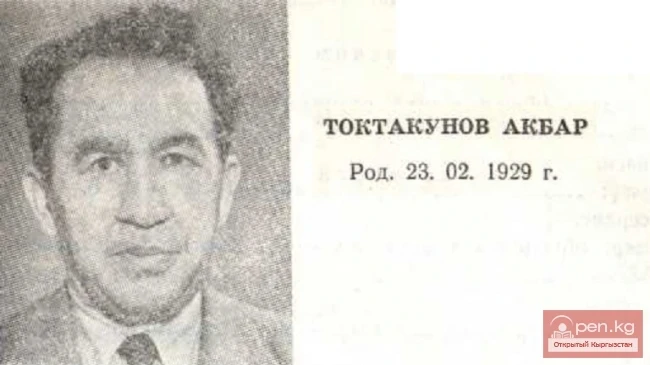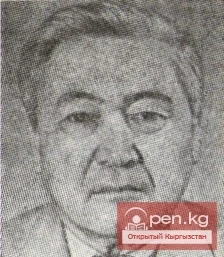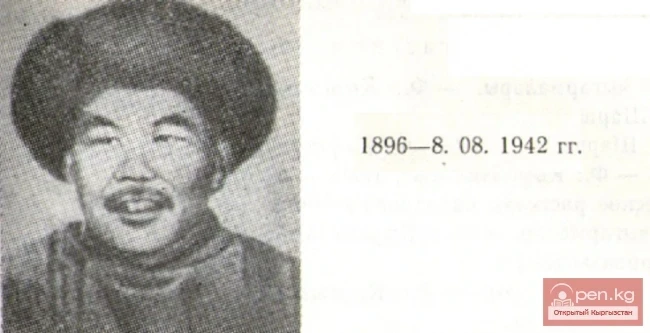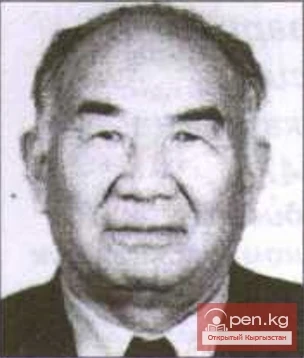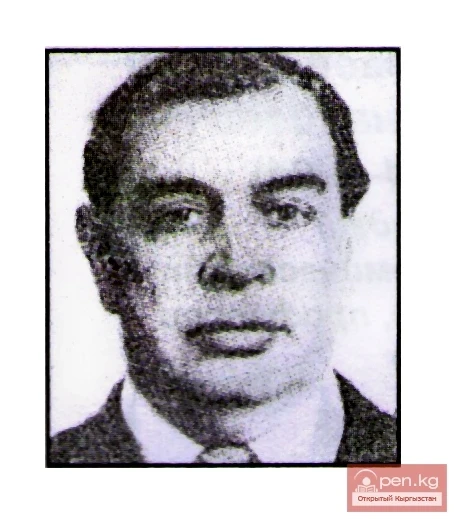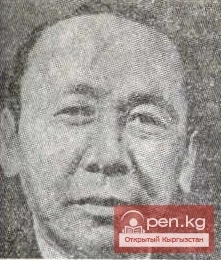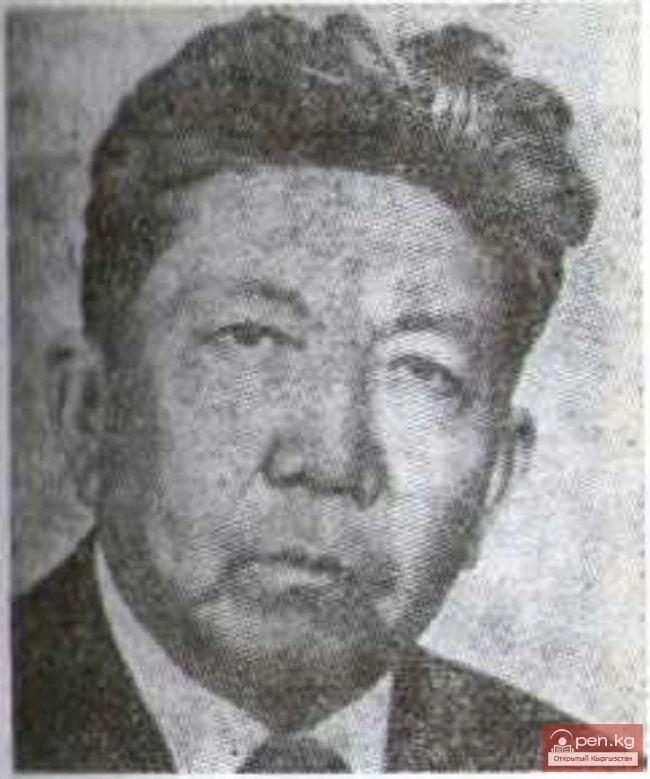
The strengthening of the socialist mode of production contributed to a consistent rise in the material living standards of the peoples of Kyrgyzstan and created conditions for the spiritual development of Soviet people. Now, party and Soviet organizations, corresponding people's commissariats and institutions, and mass media began to carry out another important campaign, the so-called cultural revolution. Urgent tasks in this regard included the development of public education, healthcare, science, literature, art, and the formation of a socialist intelligentsia, especially from among the indigenous nationality of the republic.
During this period, the press and radio of Kyrgyzstan focused primarily on covering many issues of public life. First of all, it should be noted that in conducting the cultural revolution, it was essential to eliminate mass illiteracy among the population, to carry out school construction, ensuring that all children received compulsory primary education, and then to introduce universal seven-year education not only in cities but also in villages. Therefore, the starting point for the implementation of a large-scale cultural revolution in the republic was the activities of the newspapers "Erkin-Too" ("Red Kyrgyzstan"), "Leninchil Zhas," and the magazine "Communist," which from the first days of their publication focused on studying and applying the Arabic and then Latin alphabets. In this crucial matter, periodicals in the Kyrgyz language were essentially the first educational materials. It is no coincidence that later, linguist academician K. Karasaev wrote that the newspaper "Erkin-Too," later "Kyzyl Kyrgyzstan," was truly the first school, university, and academy, even the first theater. Newspapers in the Kyrgyz language opened "Alphabet Corners" on their pages, devoted significant time to lessons on studying and using the aforementioned alphabets, and by the end of the 1930s, the Russian alphabet as well.
Representatives of the older generations of Kyrgyz still fondly remember the work of republican newspapers and magazines, including the newspaper "Sabattuu bol" ("Be Literate"), specially created by the Kyrgyz alphabet committee to assist the population in mastering literacy and education. According to them, the press and radio were the most widespread educational institutions in the republic. "Be literate!" - this life-relevant call was heard in every corner of the mountainous region thanks to the determined efforts of republican and district newspapers and Kyrgyz radio.
To mobilize the forces and resources of party, Soviet, economic, and socio-political organizations in this direction, the Kyrgyz regional party committee adopted a resolution in June 1930 "On the Organization and Conduct of Cultural Campaigns." It particularly emphasized the elimination of illiteracy and the improvement of the educational level of the entire population.
The press and radio of Kyrgyzstan actively engaged in the nationwide struggle for culture. "We must see the peasant going to work in the morning with a hoe or a scythe over his shoulder and a book and notebook under his arm," wrote "Soviet Kyrgyzstan." The press and radio constantly asserted that the campaign for culture was no less important than the struggle for industrialization and collectivization. They emphasized that mastering culture was not limited to eliminating illiteracy and obtaining primary and seven-year education but also encompassed a whole range of other important activities, including acquiring necessary specialties, establishing the work of cultural and educational institutions, actively participating in the distribution of newspapers, magazines, and books among the population, improving the culture of everyday life, and combating old harmful customs and traditions, etc.
Newspapers and magazines, as well as radio, constantly monitored the construction of schools, the educational and upbringing processes within them, and their provision with textbooks and programs, as well as teaching staff. They published and transmitted materials about the duration of publishing houses producing textbooks and educational materials, technical schools, and institutes preparing teaching staff for schools and other educational institutions.
